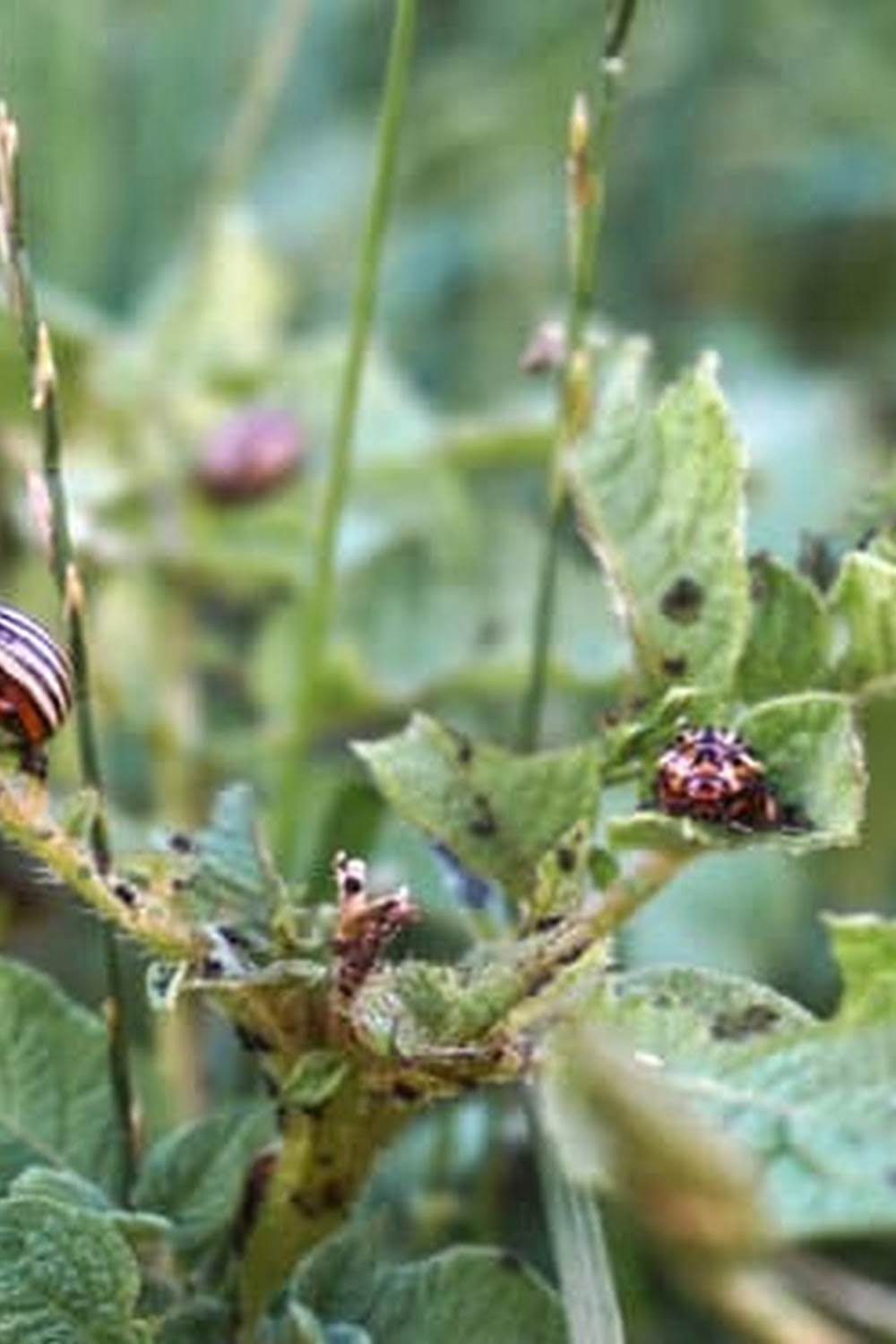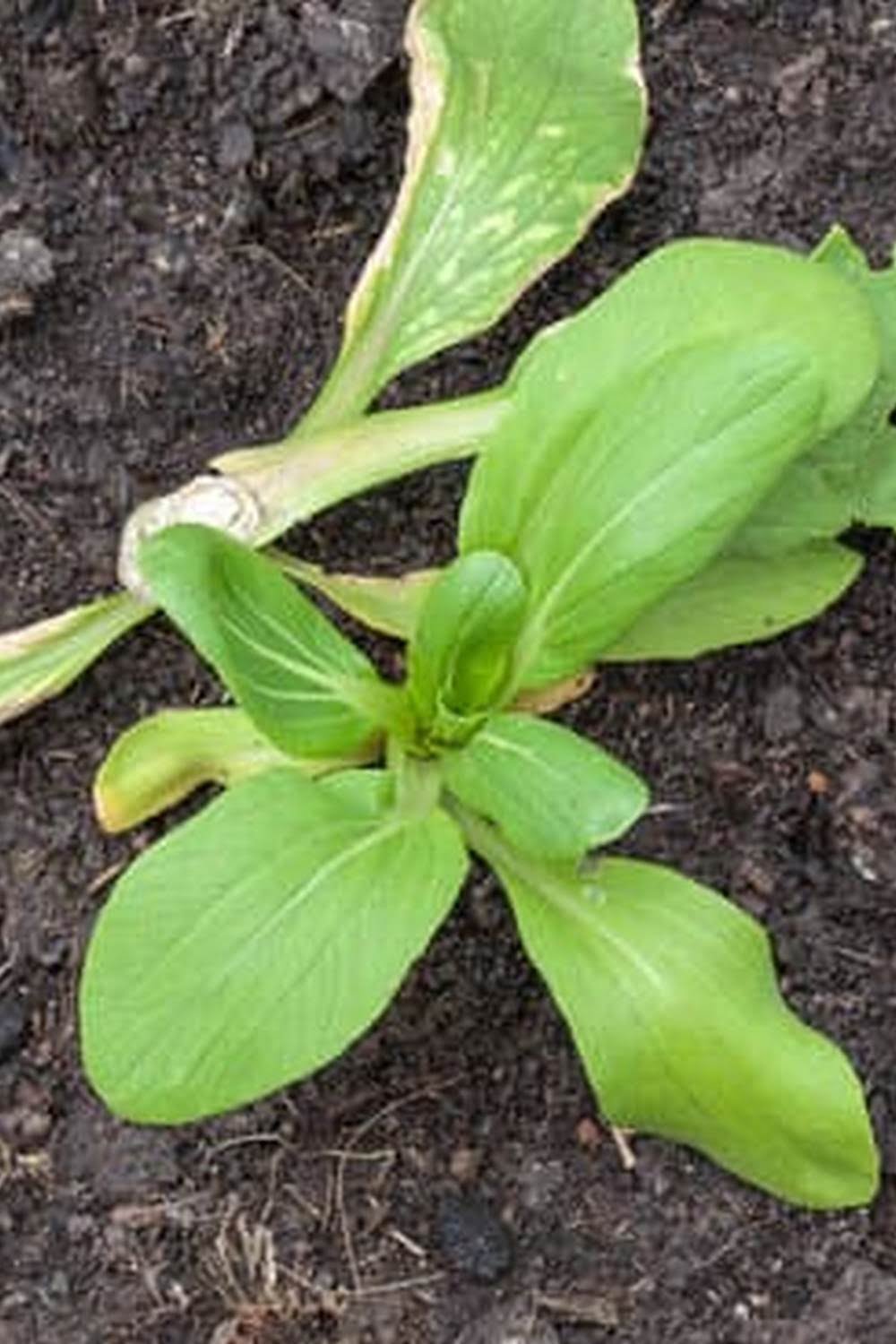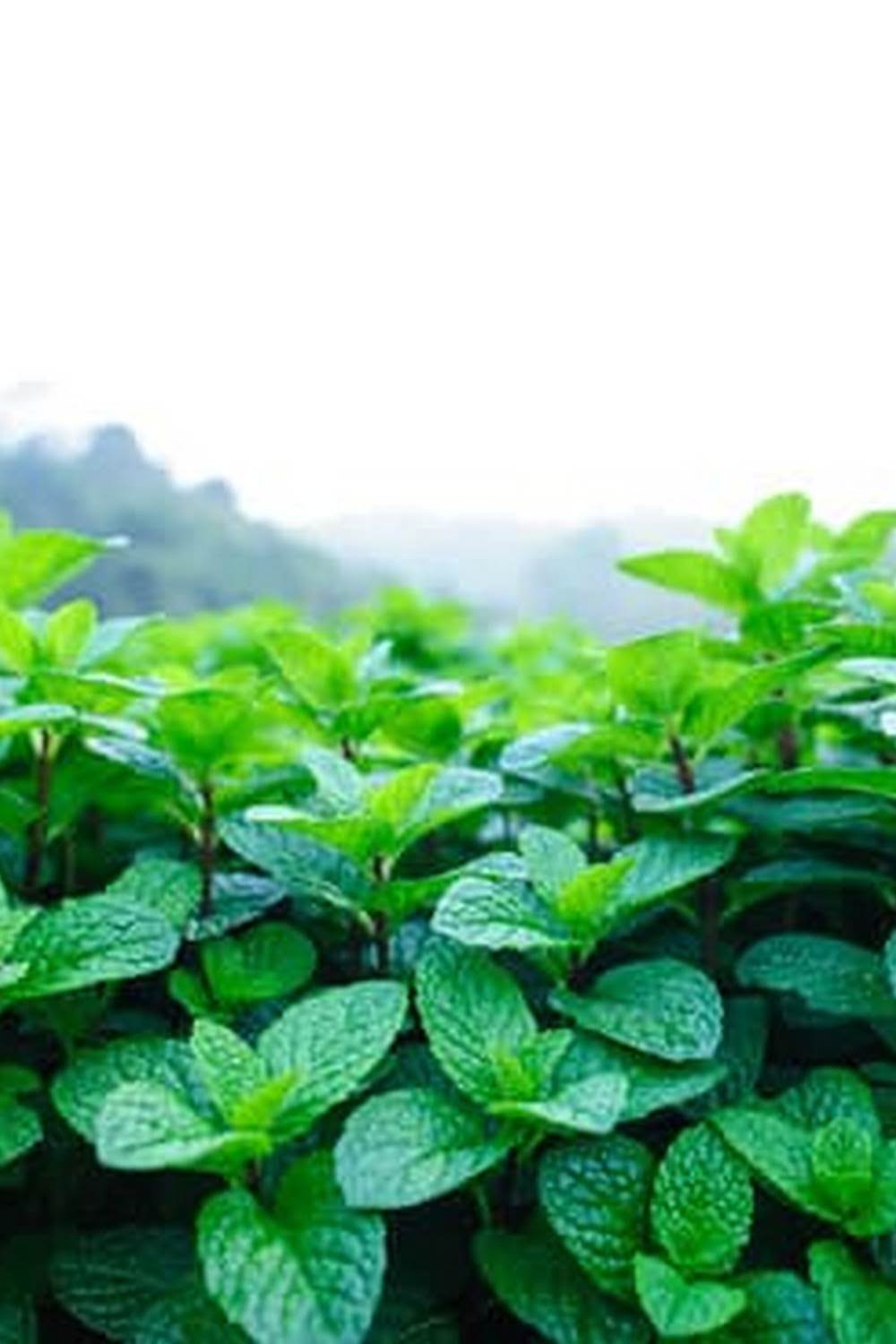What Is The Best Vegetable Garden Soil Mix
?
There is no one perfect soil mix for vegetable gardens. Different gardeners have different preferences, and what works well in one region may not work well in another. However, there are some general guidelines that can help you create a soil mix that is right for your garden.
When choosing a soil mix, it is important to consider the type of vegetables you plan to grow. Some vegetables, such as tomatoes and peppers, require a soil that is rich in nutrients and has a high level of acidity. Other vegetables, such as carrots and potatoes, grow best in a soil that is high in organic matter and has a neutral pH.
The best way to determine the pH of your soil is to have it tested. You can have a soil test performed by your local county extension office, or you can purchase a soil test kit from a garden center or online retailer.
Once you have determined the pH of your soil, you can begin to mix in the appropriate amendments. If your soil is too acidic, you can add lime to raise the pH level. If your soil is too alkaline, you can add sulfur or aluminum sulfate to lower the pH level. If your soil is low in nutrients, you can add organic matter such as compost or manure.
When creating your own soil mix, it is important to remember that the proportions of each ingredient will vary depending on the type of soil and the climate. A good general rule of thumb is to mix one part organic matter, one part soil amendments, and two parts soil. However, you may need to adjust these proportions depending on your specific situation.
The best vegetable garden soil mix is one that is tailored to the needs of your garden. By considering the type of vegetables you plan to grow, you can create a mix that is perfect for your needs.
Best Organic Garden Soil For Vegetables
There’s a lot of debate surrounding the best organic garden soil for vegetables. Some swear by using a mixture of 50% compost and 50% soil, while others advocate for a more balanced approach with 25% each of compost, topsoil, and sand. No matter which method you choose, the most important factor is that your soil is rich in organic matter.
Organic matter is key to healthy plant growth, as it helps to retain moisture, suppress weed growth, and provide nutrients to plants. It also helps to improve the structure of the soil, making it less dense and more conducive to root growth. You can increase the organic matter in your soil by adding compost, mulch, or manure.
If your soil is low in organic matter, you can amend it by incorporating some of these materials. However, it’s important to note that it can take years for the organic matter in soil to break down and become available to plants, so be patient! In the meantime, you can supplement your plants’ diet with organic fertilizers to ensure they’re getting the nutrients they need.
The best organic garden soil for vegetables will vary depending on your climate, the type of vegetables you’re growing, and the type of soil you have. However, the principles of organic gardening are the same no matter where you live, so be sure to incorporate as many of them into your gardening routine as possible for the healthiest plants and vegetables.
Garden Vegetables That Like Alkaline Soil
Some garden vegetables prefer alkaline soil while others prefer acidic soil. If you have an alkaline soil, you’ll want to plant vegetables that like alkaline soil. These vegetables will do well in soil with a pH level of 7.0 or higher.
Some alkaline-loving vegetables include artichokes, beets, broccoli, Brussels sprouts, cabbage, carrots, cauliflower, celery, chard, collard greens, cucumbers, eggplant, garlic, kale, leeks, lettuce, mustard greens, onions, peas, peppers, potatoes, pumpkins, radishes, rutabagas, spinach, squash, sweet potatoes, tomatoes, turnips, and watermelons.
If you have an acidic soil, you’ll want to plant vegetables that like acidic soil. These vegetables will do well in soil with a pH level of 6.0 or lower.
Some acidic-loving vegetables include beans, blackberries, blueberries, cantaloupes, corn, cranberries, cucumbers, grapes, honeydews, kiwis, lemons, limes, mangoes, nectarines, oranges, peaches, pineapples, plums, raspberries, strawberries, and tangerines.
How To Build Up Soil For Vegetable Garden
If you want to garden, you’re going to need some good soil. Soil is the foundation of a healthy garden. It’s where your plants get their nutrients and water, and it’s where the roots grow.
Building up your soil is important for two reasons:
1. It helps your plants grow better.
2. It helps keep your plants healthy.
There are a few things you can do to build up your soil:
1. Add organic matter.
Organic matter is anything that was once alive, like leaves, grass clippings, or straw. It helps improve the structure of the soil, and it provides nutrients for the plants.
2. Add compost.
Compost is made from organic matter that has been broken down. It helps improve the fertility of the soil, and it provides nutrients for the plants.
3. Add manure.
Manure is made from animal waste. It helps improve the fertility of the soil, and it provides nutrients for the plants.
4. Add lime.
Lime is a mineral that helps to neutralize the acidity of the soil. It helps the plants to absorb the nutrients from the soil more easily.
5. Add sand.
Sand helps to improve the structure of the soil. It helps to keep the soil loose and well aerated.
Soil Mix Raised Bed Vegetable Garden
There are many benefits of using a soil mix in a raised bed vegetable garden. The most obvious benefit is that you don’t have to worry about the soil quality in your garden. The mix is specially formulated to be perfect for growing vegetables. It also contains nutrients that will help your plants grow healthy and strong.
Another benefit of using a soil mix is that it is easy to work with. It is light and fluffy, which makes it easy to mix with compost or other amendments. It also makes it easy to work the soil around your plants.
A soil mix is also a great way to improve the drainage in your garden. The mix is light and airy, which allows water to drain quickly. This is important, especially if you are growing vegetables in a raised bed. The mix will also help to prevent the soil from becoming waterlogged.
If you are looking for an easy way to improve your vegetable garden, a soil mix is the perfect solution. It is easy to use and it will help your plants to grow healthy and strong.

If you’re looking to get into vegetable gardening, or are just looking for some tips on how to make your current garden better, then you’ve come to the right place! My name is Ethel and I have been gardening for years. In this blog, I’m going to share with you some of my best tips on how to create a successful vegetable garden.





